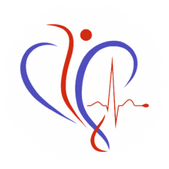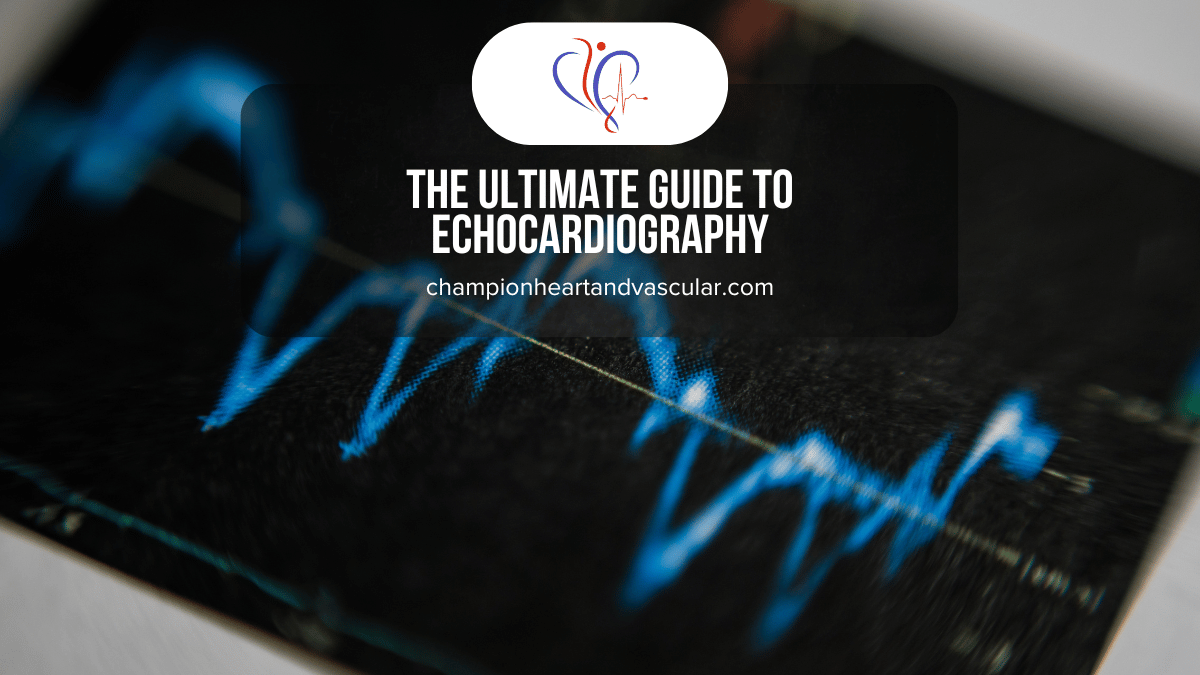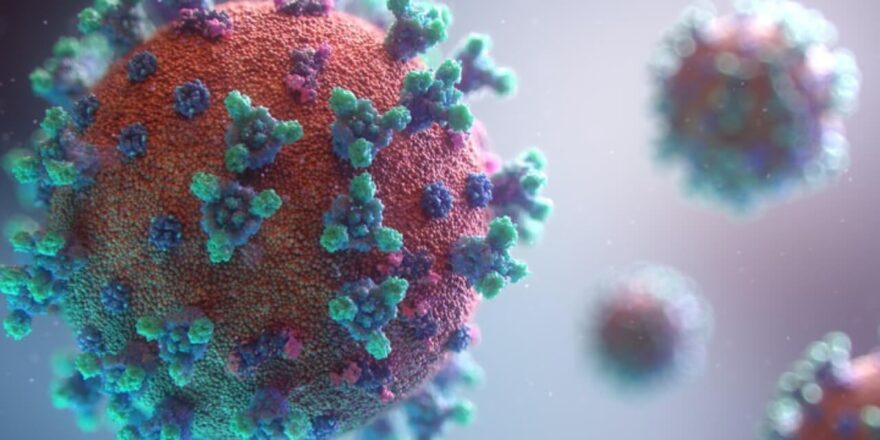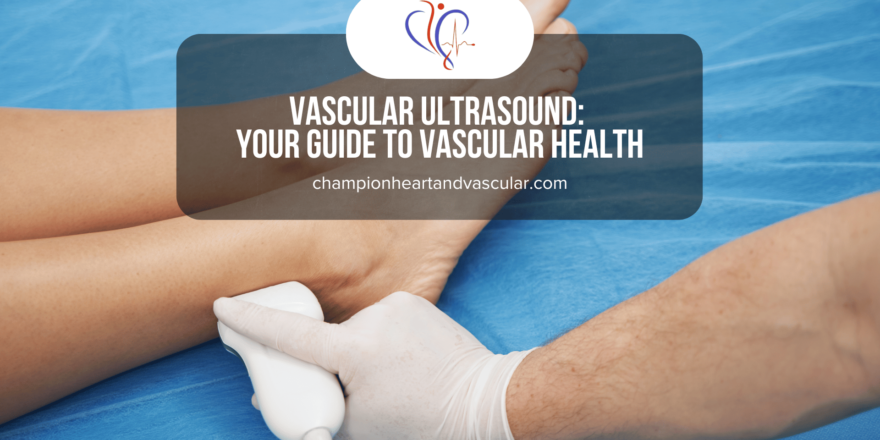When it comes to understanding your heart’s health, few diagnostic tools are as invaluable as echocardiography. Often referred to as a heart ultrasound, echocardiography provides a non-invasive, real-time view of your heart’s structure and function. This guide will walk you through everything you need to know about echocardiography, from how it works and its significance to what you can expect during the test. Whether you’re preparing for an upcoming procedure or simply curious, this blog will help you gain a clearer understanding of this essential diagnostic test.
What Is Echocardiography?
Echocardiography is a non-invasive medical test that uses high-frequency sound waves (ultrasound) to create images of your heart. These images, displayed in real-time, allow doctors to assess the size, structure, and function of your heart and its valves. The test is performed by a trained technician and interpreted by a cardiologist to help diagnose or monitor heart conditions.
Types of Echocardiography
There are several types of echocardiograms, each designed for specific diagnostic needs:
- Transthoracic Echocardiogram (TTE): The most common type, where the ultrasound transducer is placed on the chest.
- Transesophageal Echocardiogram (TEE): A probe is passed down the esophagus to get detailed images of the heart.
- Stress Echocardiogram: Performed during or after exercise to evaluate how the heart functions under stress.
- Doppler Echocardiography: Measures blood flow and pressure within the heart.
- 3D Echocardiography: Provides three-dimensional images for more comprehensive evaluation.
Why Is Echocardiography Important?
Echocardiography is a cornerstone of modern cardiology, offering insights that can guide early detection, diagnosis, and treatment of heart conditions.
Key Benefits of Echocardiography
- Early Detection:
- Identifies heart valve issues, structural abnormalities, and blood flow problems.
- Detects conditions like congestive heart failure, cardiomyopathy, and congenital defects.
- Non-Invasive and Safe:
- No exposure to radiation, making it safe for most patients, including pregnant women.
- Comprehensive Assessment:
- Evaluates heart chambers, valves, and pumping efficiency.
- Monitors existing conditions and guides ongoing treatment.
- Preventive Care:
- Helps detect risks before they escalate into serious complications.
Conditions Diagnosed with Echocardiography
An echocardiogram can help detect and monitor a wide range of heart conditions, including:
- Heart Valve Disorders: Such as stenosis or regurgitation.
- Congestive Heart Failure: Determines how well your heart pumps blood.
- Congenital Heart Defects: Identifies abnormalities present from birth.
- Pericarditis: Inflammation of the sac surrounding the heart.
- Aneurysms or Blood Clots: Assesses structural abnormalities or potential risks.
What to Expect During an Echocardiography Test
Understanding what happens during the procedure can help ease any anxiety you may feel.
Preparation
- No special preparation is typically required for a standard TTE.
- For a TEE, you may need to fast for a few hours before the test.
The Procedure
- Arrival and Setup:
- You’ll lie down on an exam table.
- A technician applies a special gel to your chest to improve sound wave conduction.
- Imaging Process:
- A handheld device called a transducer is placed on your chest and moved around to capture images.
- For TEE, a thin tube with a transducer is inserted down your esophagus for more detailed images.
- Duration:
- The procedure usually takes 30-60 minutes, depending on the type.
- After the Test:
- You can typically resume normal activities immediately after a TTE.
What Do Echocardiogram Results Show?
The results of an echocardiogram provide a wealth of information about your heart’s health:
- Heart Size and Shape: Detects enlargement or abnormal structures.
- Valve Function: Identifies leaking or narrowing valves.
- Pumping Efficiency: Measures the heart’s ability to pump blood.
- Blood Flow and Pressure: Evaluates circulation and detects blockages or clots.
Your cardiologist will explain the findings and, if necessary, recommend further diagnostic tests or treatment options.
How Echocardiography Can Save Lives
Echocardiography is more than just a diagnostic tool—it’s a life-saving technology. By catching heart issues early, it enables timely intervention that can prevent complications, improve outcomes, and even save lives. Whether you’re at risk for heart disease, managing a chronic condition, or preparing for surgery, this test plays a critical role in your care journey.
Common Myths About Echocardiography
Despite its importance, misconceptions about echocardiography persist:
- “It’s Painful or Risky”: The procedure is entirely non-invasive and painless.
- “Only for Heart Patients”: Echocardiograms are used both for diagnosis and preventive care.
- “Takes Too Long to Recover”: Most patients resume daily activities immediately.
Scheduling Your Echocardiogram
If you’ve been experiencing symptoms like chest pain, shortness of breath, or palpitations, or if your doctor has recommended a heart health assessment, scheduling an echocardiogram is the next step.
Why Choose Champion Heart and Vascular Center?
- Expert Care: Our team of skilled cardiologists ensures accurate diagnostics and personalized care.
- State-of-the-Art Technology: Advanced imaging techniques provide precise and reliable results.
- Patient-Centered Approach: We prioritize your comfort and understanding throughout the process.
Take Control of Your Heart Health Today
Your heart is the most vital organ in your body, and maintaining its health is key to a long and fulfilling life. Echocardiography provides a window into your heart, helping you and your healthcare team make informed decisions about your care.
Don’t wait for symptoms to worsen—early detection can make all the difference.
Call to Action
Ready to take charge of your heart health?
- Call us at +1 910-304-1212 to schedule your echocardiogram.
- Visit our website to book an appointment online.
- Share this blog with friends or family who may benefit from a heart health assessment.
Keywords: echocardiography, heart ultrasound, cardiac diagnostics, non-invasive heart test, heart health, echocardiogram results, heart disease prevention




